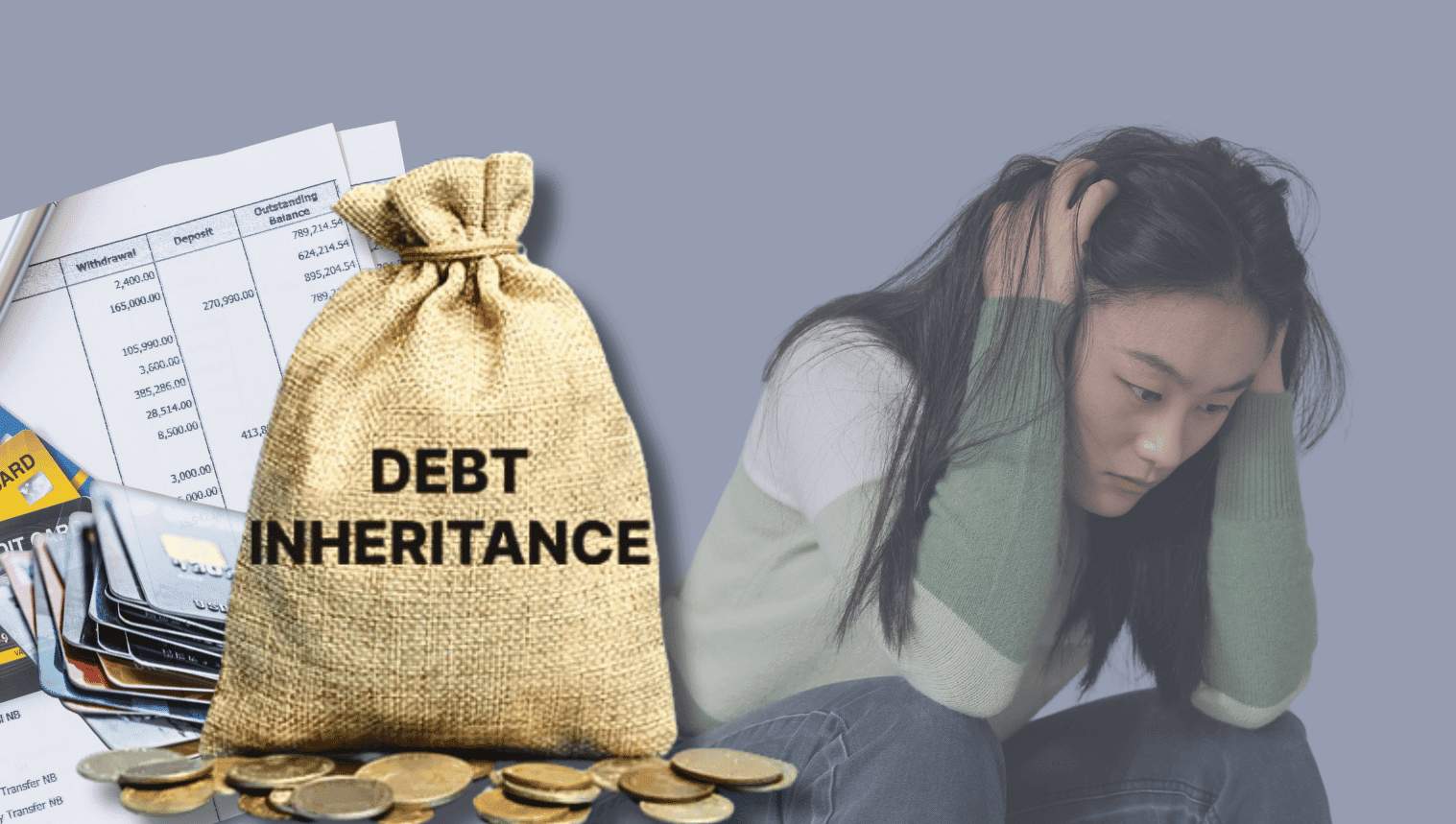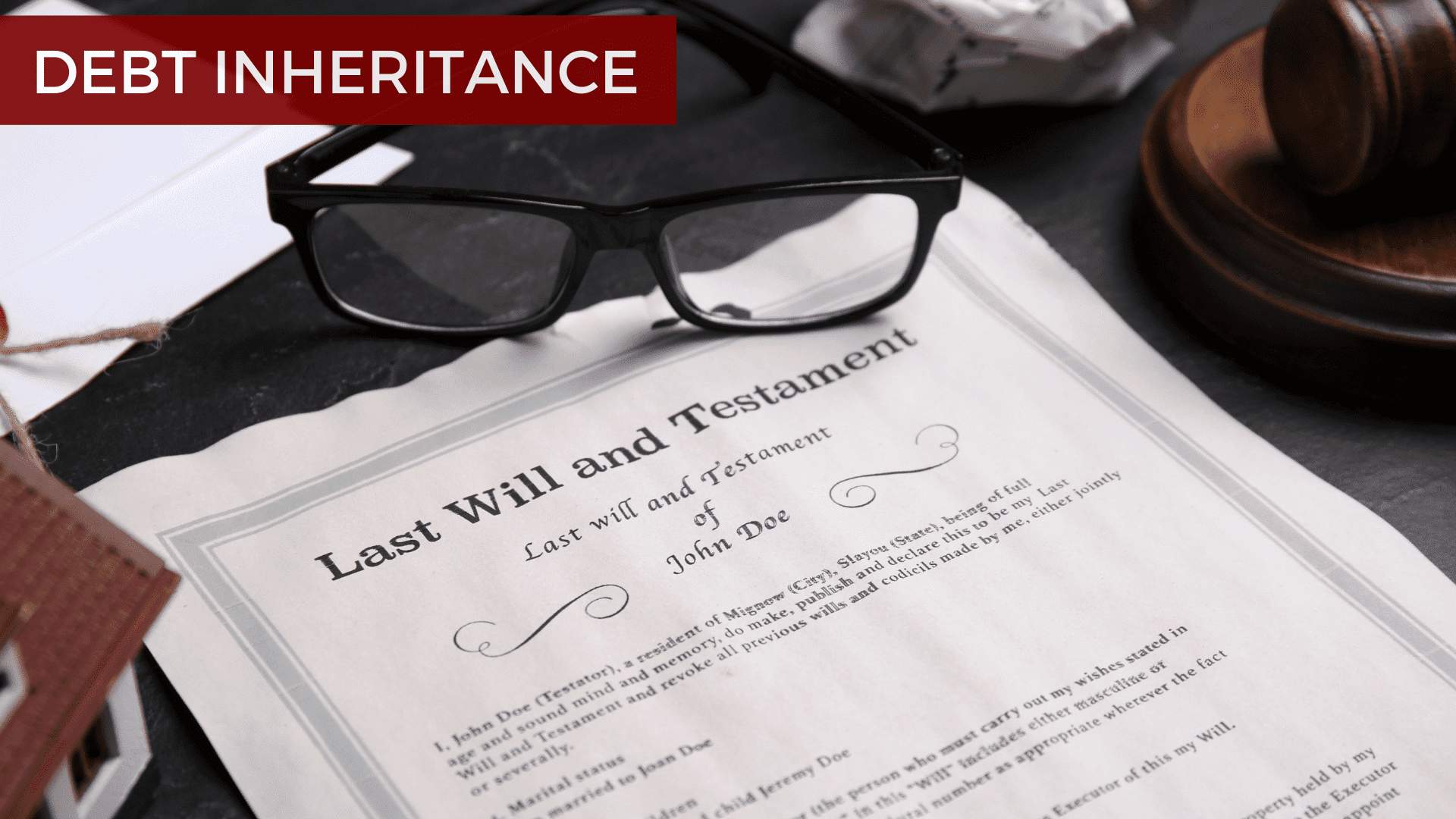Your rights around inheriting debt in Canada can vary depending on several factors, including provincial…

If parents die in debt, do children inherit the bills? Not necessarily
By Luann Lasalle
The death of a parent can sometimes mean financial turmoil for surviving relatives, but advisers say that lingering debts aren’t the responsibility of the adult children in the family.
“There is no liability for a child to take on the debts of the parents,” said lawyer Murray Morrison, who specializes in insolvency and practices in the Vancouver area
Click here to view the original article published in the Canadian Press .
Debt is not inherited when a parent dies but surviving family members need to know how to deal with any bills that have piled up, say experts. – Ryan Remiorz,The Canadian Press
MONTREAL — The death of a parent can sometimes mean financial turmoil for surviving relatives, but advisers say that lingering debts aren’t the responsibility of the adult children in the family.
“There is no liability for a child to take on the debts of the parents,” said lawyer Murray Morrison, who specializes in insolvency and practices in the Vancouver area.
If the parents die in debt, the first place to turn is their estate which can go bankrupt, he said.
But a bankrupt estate also means there won’t be an inheritance for the family.
“Kids do not come first,” he said. “Under the law, the debts have to be paid before anybody gets a nickel.”
So the surviving children can choose to ignore their parents’ debt and let creditors sue and garnishee the deceased mom or dad’s bank account, or they can spend what money is in the estate to bankrupt it, Morrison said.
He said surviving children should not “try to pay the bills without thinking about it” and also recommended they seek legal advice.
Debts aren’t transferred by virtue of marriage or death — not without your signature — even though spouses and children may feel they should clear up any outstanding money owed, said Margaret Johnson, president of Solutions Credit Counselling Service.
“A lot of people want to do the right thing,” Johnson said. “The right thing is to pay debts that are yours. If they’re not yours, don’t pay them.”
For example, if dad passes away but has a credit card-bill and an unpaid line of credit in his name only, mom or the kids aren’t responsible for paying them, she said.
“If there’s any money in his estate, his estate has to pay his debts,” Johnson said from Surrey. B.C.
“But if there’s no estate, they just get written off.”
However, if mom passes away and dad had a joint credit card with her that isn’t paid off, dad is going to be responsible for paying it, she said.
A recent study found that Canadians seem to be taking seriously repeated warnings about loading up debt — unless they were seniors.
The TD Bank study found that seniors on average gained more than $6,000 in new debt, or 15 per cent more in 2013 than the previous year. Most of it came from consumer spending.
Despite their rising debt levels, seniors on average still had the smallest debts compared with other age groups at $47,549, the study said.
Tracey Campbell of BMO Harris Private Bank said the responsibility of estate executors is to pay debts and expenses first.
Executors, who can also be paid, receive their money before beneficiaries get anything, said Campbell, director of wealth, wills and estates.
Executors and family members shouldn’t be afraid to place ads in newspapers and other publications to find out if there are creditors who must be paid.
“You’d be surprised at how many people are reluctant to do that,” she said, adding that it’s perceived as an embarrassment.
Beneficiaries could be sued if they have received an inheritance before creditors are paid, she added.
Johnson said adult children should also ask their parents whether they have wills and about any debts that are jointly held.
The Canadian Press













